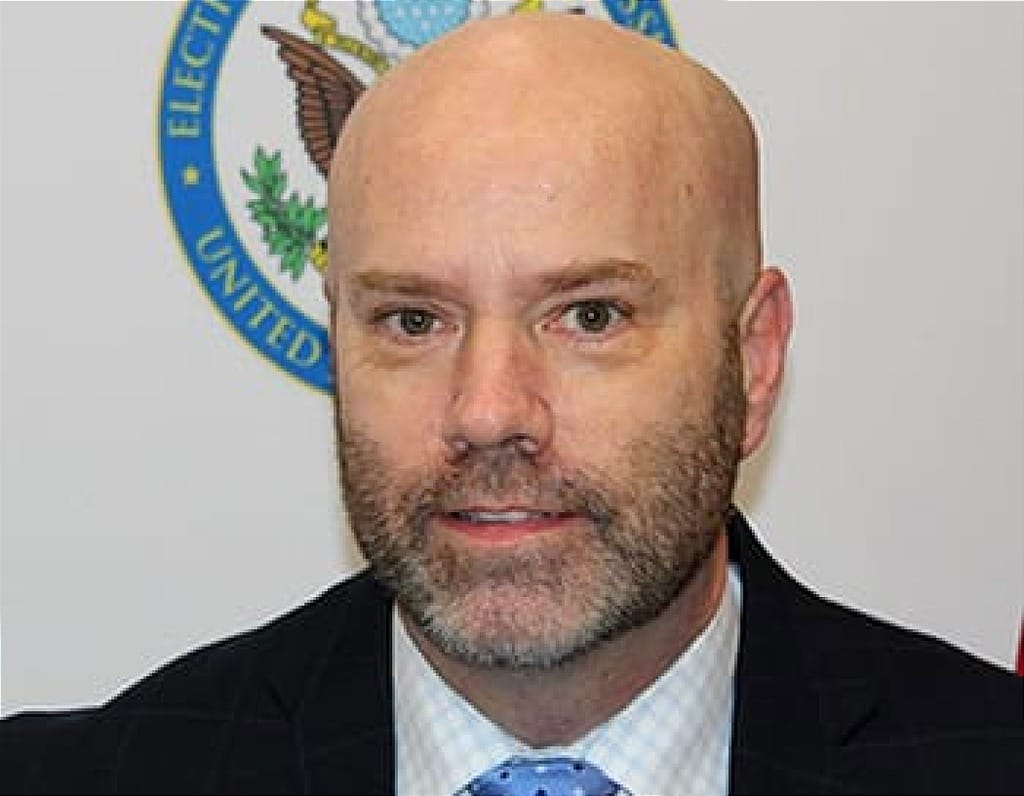N.D. Broadband Leader Sees ‘Business As Usual’ for BEAD Under Trump
State broadband official expects only incremental changes under the new administration.
Jericho Casper

WASHINGTON, Nov. 6, 2024 – At least one state broadband officer believes that the Biden administration’s $42.5 billion flagship broadband expansion program – the Broadband Equity, Access, and Deployment program – will continue largely as planned under the new Republican administration, without major disruptions.
While some Republicans have raised concerns over the program’s “onerous requirements,” and GOP policy experts recently suggested a possible shift towards prioritizing alternative technologies like low Earth orbit satellites and unlicensed fixed wireless over fiber, North Dakota's top broadband official told Broadband Breakfast he expects “business as usual.”
As Brian Newby, director of the North Dakota broadband office, noted in an email, “many of the items related to the program are set in law.”
Newby, who served as executive director of the U.S. Election Assistance Commission during the 2016 election and the transition to President Donald Trump, said his experience leads him to expect only incremental changes.
“I expect, with regards to the BEAD program, changes would be incremental and not revolutionary,” Newby said. Though he did express hope that some requirements not set in law, those he sees as “onerous and potential barriers” to carrier participation, would be “reduced or eliminated.”
Newby has concerns that carriers may lack enthusiasm for participating under current BEAD conditions. He said state officials believe more entities would be incentivized to participate if the National Telecommunications and Information Administration was willing to waive the 25% match requirement that is attached to BEAD funding.
To address this, the North Dakota broadband office expects to request waivers for match reduction or elimination. “We are hoping the new administration quickly creates the criteria for which all waivers will be evaluated. We’ve been asking NTIA that for more than a year now,” Newby said.
Despite these concerns, Newby confirmed that North Dakota remains committed to its original BEAD plans, with a strong focus on prioritizing fiber deployment — aligning with the program’s initial guidelines.
“Our main theme remains that we are hopeful NTIA allows 56 unique conclusions to the BEAD story in support of the 56 states and territories involved in the program,” he explained. “What’s right for North Dakota may or may not be the same in another state. In North Dakota, our priority is to finish the job, serving all locations, with fiber. We know that’s more expensive than alternate technologies. But, we think that’s more forward thinking, but our funding levels support that. That’s the conclusion we would like to see in North Dakota.”
The Vermont state broadband office declined to comment. The offices of Mississippi, South Carolina, Montana, Virginia, and Louisiana, did not reply in time for comment.









Member discussion